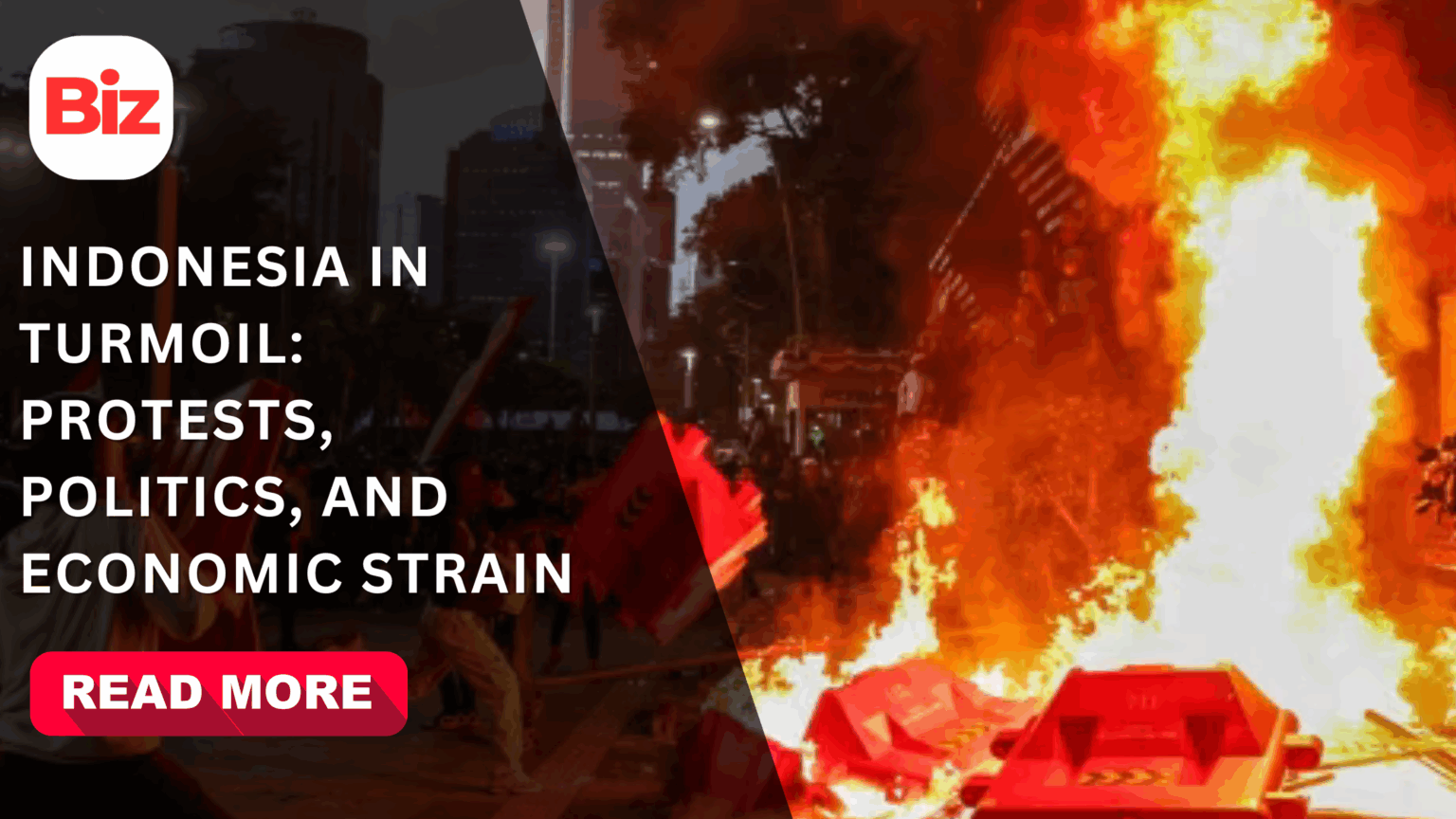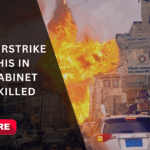Indonesia is the largest democracy with its troubles in Southeast Asia. What started as a demonstration against the lavish allowances of lawmakers has grown to national proportions. It is covering economic outcries, police violence and doubts about democratic leadership.
Origins of the Unrest
The core of the protests is the general public anger at putting in place a 50 million rupiah (approximately US 3,075) monthly housing allowance to the 580 members of parliament in the country. The allowance, which was launched last September, is almost 10 times higher than the minimum wage in Jakarta and even higher magnitudes in the countryside- an insult to many in the face of skyrocketing living standards.
The protests received a new impetus as a 21-year old delivery driver Affan Kurniawan was killed by an armored police vehicle during one of the protests in Jakarta. His fall caused the fury and the masses protesting the whole archipelago.
Overthrow and Acceleration of Protests.
The protests initially concentrated in Jakarta, but within hours expanded to cities such as Surabaya, Bandung, Solo, Yogyakarta, Medan and Papua and included a wide range of social strata -students, workers, delivery riders and activists.
In Jakarta, riots in conflict with riot police were accompanied by rocks, Molotov cocktails, tear gas, and water cannons, which gave rise to the growing tensions near the parliament and the headquarters of Brimob units.
Fatal Confrontations and Widespread Damage
The demonstrations became fatal, particularly in Makassar, where a burning of a building that housed a regional parliament killed at least three- some of them caught in the flames.
There was also vandalism and burning of public infrastructure such as a Trans Jakarta bus station, MRT and various bus routes, which caused transport disruptions. A week free transit around the city commenced August 30.
In Bandung and Surabaya demonstrators set burning government and commercial buildings.
Political Response and Media Control
President Prabowo Subianto, a former military general, urged calm and ordered an investigation into Kurniawan’s death. Publicly apologizing, he emphasized accountability for involved officers. Seven Brimob personnel have been detained.
Demonstrating awareness of misinformation’s role in fanning unrest, the government summoned TikTok and Meta to improve content oversight. TikTok temporarily suspended its live feature in Indonesia.
Economic Fallout
The upheaval rattled Indonesia’s economic foundations:
- The Jakarta Stock Exchange dropped approximately 2.3%, the rupiah weakened by nearly 1%, reaching its lowest level since early August.
- Bank Indonesia intervened in currency markets and ramped up bond purchases to stabilize the situation.
- Manufacturing sector woes persist. Despite ongoing global commodities demand, Indonesia’s industrial base continues to weaken. Country is manufacturing share of GDP has dropped from 32% in 2002 to 19% in 2024. Over 42,000 jobs were lost in the first half of 2025 alone.
Structural Concerns and Political Overreach
Parallel to the unrest is an increasing military presence in civilian governance. Prabowo’s administration has authorized the creation of 100 military battalions in sectors like agriculture and pharmaceuticals. They are drawing comparisons to Suharto’s authoritarian “dwifungsi” doctrine. Critics warn it threatens democratic institutions.
Labor activists are also demanding a 10.5% minimum wage hike and a ban on contract-based employment. The responses to surging unemployment, layoffs, and widened economic inequality.
Broader Societal Implication
The unrest signals widespread disillusionment with political elites. Social media movements like #KaburAjaDulu—a trend expressing youth desire to escape Indonesia due to lack of opportunities. It highlight a growing disconnect between citizens and institutions.
Meanwhile, past local tensions, such as the Pati tax protests over proposed 250% land tax hikes, show that grievances are not confined to the capital. Local unrest adds further pressure on the government.
The Future: What Is In Store of Indonesia?
The following days will be decisive. Long-term protests with economic turmoil might lead to additional policy reversal or accountability. However, when the dissatisfaction of people combines with totalitarian rule, the divisions in society can emerge.
Indonesia is at crossroad. A call to accountability, improved livelihoods, and democratic openness has been in conflict with a set of established power relations and economic instability. With protests still shaking the nation, the way the government reacts to it will decide whether to head to stability or a further outburst.








